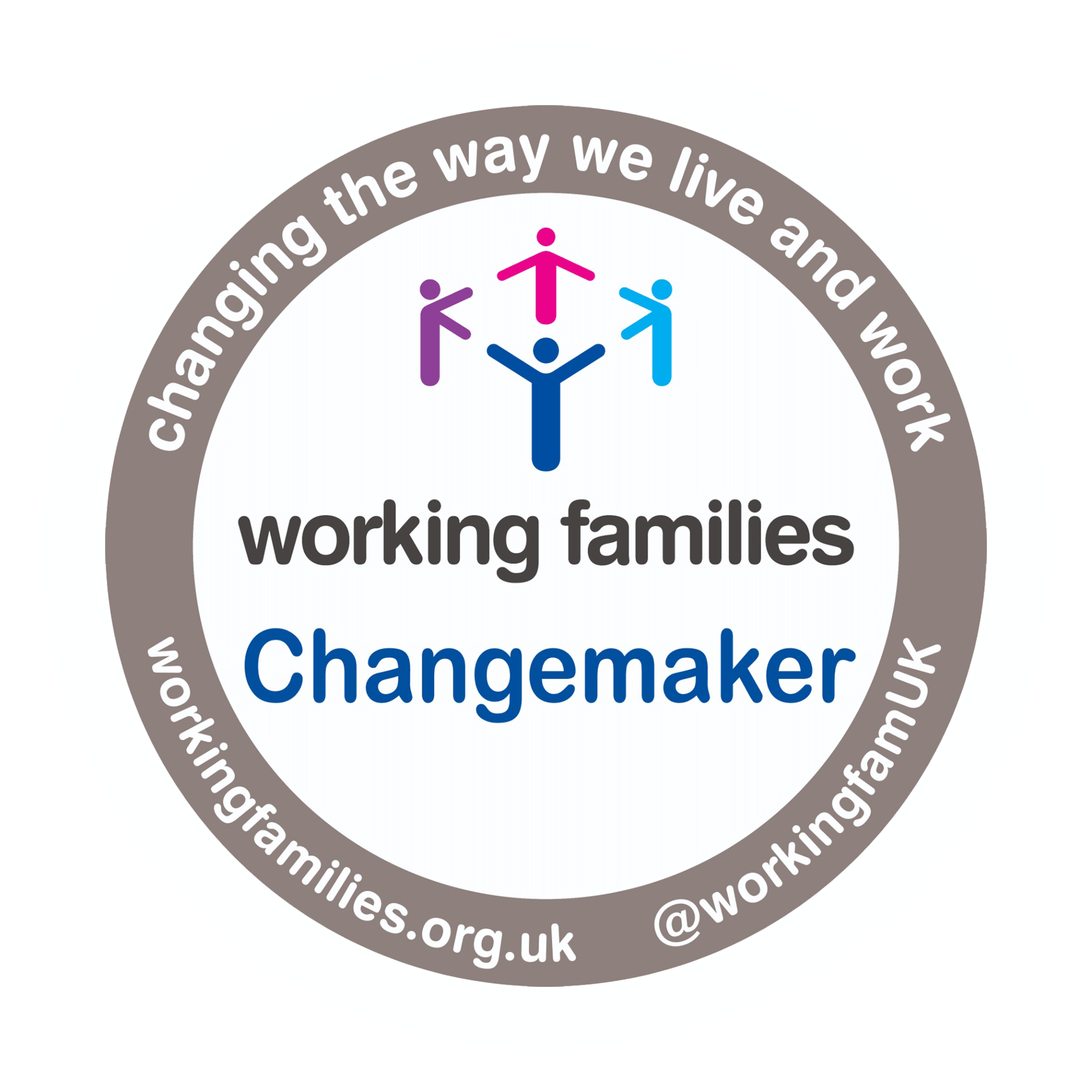In today’s rapidly evolving business landscape, start-ups and scale-ups are constantly seeking new ways to optimise their operations, attract top talent, and maintain a competitive edge. One strategy that has gained significant traction in recent years is the introduction of flexible or part time working arrangements.
If you know where to look, there is a pool of highly experienced, senior talent who are keen to put their skills to work with entrepreneurial businesses, and who are actively seeking to work on a more flexible basis than the traditional ‘9-5 model’ available out there.
A part time or flexible hire may prove especially useful if your business is looking to expand but you’re concerned about the financial risk of hiring the senior talent you need.
So, what exactly are the benefits of part time and flexible working for growing SMEs?
We’ll look at some of the ways that flexible recruitment can play a key role in reducing risk and protecting budgets for growing SMEs.
1. Access the experience your business needs while managing risk and budgets
In the current economic climate, many businesses know they need extra senior level skills and expertise, but are daunted by the potential impact of a full-time salary on budgets. Hiring creatively; either on a flexible or part time basis, can be a clever solution to this challenge.
A flexible or part time hire can enable you to reduce your business’s exposure to risk and protect your bottom line by making senior expertise available to your business at a significantly lower cost than hiring a full time senior employee.
It’s important to note that senior skills have the same value whether they’re delivered on a full time, part time or flexible basis; CJ. Talent would never condone paying someone less because they work flexibly. However, many flexible working models do result in a reduction in working hours, whether that might be fewer working days per week, reduced hours per day, term time working, or any other pattern that results in less time – not less skill – being applied to the role. This reduction in time allows small businesses to save costs compared to full-time hires, making it an attractive option for growing SMEs seeking skilled professionals without the financial burden of a full-time salary and benefits package.
This can be a game-changer for SMEs that need skilled professionals but can’t afford, or are reluctant to take on the risk, of a senior employee’s full salary and benefits package.
Beyond cost savings, a flexible hiring policy can bring unique perspectives and experiences to your team, adding value to your business in many ways. The diverse backgrounds and expertise of flexible employees can foster innovation, creativity, and fresh insights, contributing to the overall success of the organisation.
2. Boost retention rates
You may have heard a recent buzzphrase: retention is the new recruitment. Retaining skilled employees is crucial for business success, and costs a lot less than recruiting new ones. By offering flexibility and part time work, businesses can save time, money, and valuable resources in the long run. As many companies know all too well, losing employees can significantly impact the bottom line.
Poor retention rates can be particularly costly, requiring companies to invest time and resources in hiring and training new staff, only to see them depart shortly after that. However, implementing flexible and part time hiring practices can be a game-changer for businesses looking to save money on staff retention.
By providing employees with the option to work flexible or part time hours, they can balance their work and personal lives, resulting in greater job satisfaction and, as a result, increased staff loyalty and longevity.
In fact, according to a report from CIPD, higher levels of engagement experienced by working flexibly can reduce staff turnover by 87%.
3. Save on energy and property costs
The idea of having some or most of your workforce working from home might seem daunting if this practice is new to you, but it can also deliver flexibility to your business operations. With fewer people in the office at any one time, it may be possible to reduce energy costs and benefit from property savings.
Through this arrangement, businesses can cut down on overhead expenses while boosting employee satisfaction and productivity. And it doesn’t have to be all or nothing. By offering, hybrid working arrangements, you can also give your staff the option to spend some of their time in the office so they can catch up with colleagues in person, collaborate and even socialise – all important aspects of being part of a productive and healthy team. With all these advantages, implementing a work-from-home or hybrid working policy in your business could be worth considering.
4. Increase productivity
Offering flexible and part time work can also increase productivity. Research by CIPD showed that 9 out of 10 employees consider flexible working to be a key motivator to their productivity at work, even more so than financial incentives.
Allowing employees to manage their own time and work when they are most inspired can greatly improve efficiency and lead to higher work outputs.
Flexible working arrangements promote a sense of autonomy, enabling individuals to align their work with their personal preferences and circumstances. This autonomy empowers employees to work in a manner that maximises their productivity and well-being. With increased job satisfaction and a better work-life balance, employees are more motivated, engaged, and committed to producing high-quality work. The resulting boost in productivity can have a positive impact on a business’s bottom line and overall performance.
5. Meet your customers’ needs
Operating in a global or 24/7 marketplace requires a workforce that is available to meet your customers’ needs at any time. Offering flexible working options can enable your team to accommodate these demands.
Whether it’s working with clients across different time zones or providing round-the-clock customer service, having a flexible workforce allows businesses to stay competitive in an ever-changing market.
By embracing a culture of agility and adaptability through flexible working arrangements, companies can ensure they maximise every opportunity and keep pace with the demands of their customers. This customer-centric approach can lead to increased customer satisfaction, loyalty, and ultimately, business growth.
6. The job market is changing: it’s what workers want.
Can your business afford not to keep up?
Post-Covid, it’s clear that the job market is undergoing a fundamental shift in what employees want from their employers. A traditional office-based 9-5 working pattern is no longer viewed as a pre-requisite to every role. As the workforce shifts, flexibility has become a key aspect that employees value strongly.
According to one study, more than two-thirds (71 per cent) of workers said a flexible working pattern was important to them when considering a new role, while 69 per cent felt the same about the ability to work remotely.
For businesses aiming to thrive in the long term, embracing and implementing flexible working arrangements is an invaluable tool to attract the best talent and improve their bottom line. By offering flexibility, companies demonstrate their commitment to creating a supportive and inclusive work environment that values work-life balance and individual needs.
Final thoughts
The benefits of flexible working for employers are numerous and can really impact the success and growth of a business.
From improving staff retention rates, saving on energy and property costs, increasing productivity, and meeting the needs of a global marketplace, flexible working arrangements provide a win-win situation for both employers and employees.
By adapting to the changing job market and embracing flexibility, businesses can position themselves as desirable employers, attracting top talent and driving long-term success.
CJ. Talent can find the flexible talent your business needs and support you throughout the recruitment process. If you’d like to learn more, please get in touch.








